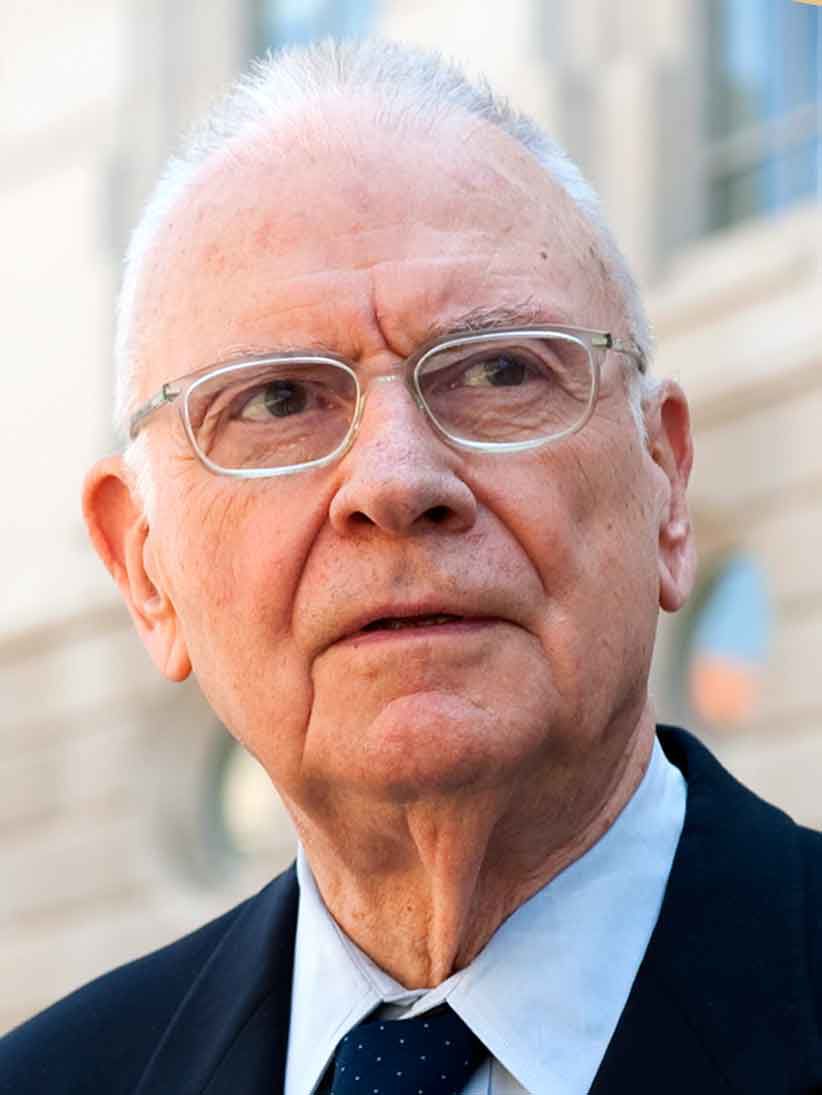
By Lee Hamilton
You can get a sense of the sweep of American politics and history by identifying a few of the indispensable men in our country’s history.
There are many, of course, and my list is quite limited. Similar lists of indispensable women could be developed; and they have been, by the late broadcast journalist Cokie Roberts and others.
Who are these indispensable men? I’ll mention a few, all of them well known.
First, of course, is George Washington, known as the father of his country. He led the ragtag army that defeated the British in the American Revolution. He played an essential role in drafting the Constitution. A Virginia aristocrat, Washington fought as an officer in the French and Indian War, earning a reputation for bravery and leadership. After the Constitution was ratified, the Electoral College unanimously chose him as the new nation’s first president.
Thomas Jefferson, who became the third president, was the primary author of the Declaration of Independence, which famously said that “all men are created equal.” Yet he owned more than 600 men, women and children in his lifetime. A learned and cosmopolitan man, Jefferson called slavery a “moral depravity” and a “hideous blot” but owned slaves his entire life, including several of his own children and their mother. Ten of the first 12 U.S. presidents, including Washington, Madison and Monroe, were slave owners.
Washington and Jefferson came from land-owning families, but Alexander Hamilton did not. An orphan born in the West Indies, he rose through talent and hard work, became the first secretary of the treasury and established the American financial system. He supported a strong central government, was the primary author of the Federalist Papers, which advocated for approval of the Constitution, and was an early leader of the Federalist Party.
Abraham Lincoln, the 16th president, guided the nation through the Civil War and issued the Emancipation Proclamation, which declared enslaved people in the South to be free. Lincoln was born in Kentucky and spent his boyhood in southern Indiana. He moved to Illinois, where he practiced law and entered politics. Although Lincoln’s positions regarding slavery evolved, he knew the practice had to end. Two years before being elected president, he declared the “government cannot endure, half slave and half free.”
Fast forward 100 years to John F. Kennedy. The youngest person to be elected president, he brought optimism and idealism to the White House: “Ask not what your country can do for you. Ask what you can do for your country,” he said. He prioritized the space program and called for putting a man on the moon. After the Cuban Missile Crisis brought the world excruciatingly close to disaster, Kennedy argued the U.S. and Soviet Union had a vital interest in stopping the spread of nuclear weapons, leading to the test ban treaty of 1963.
Martin Luther King Jr. was the acknowledged leader of the mid-20th century civil rights movement. He rose to prominence as a young minister leading the Montgomery Bus Boycott and delivered the iconic “I Have a Dream” speech at the 1963 March on Washington for Jobs and Freedom. He worked tirelessly to make Jefferson’s declaration, that people are “created equal,” more than a noble ideal.
As much as these men accomplished, it’s striking to recall that four of them had their lives cut short by violence: Hamilton was killed in a duel and Lincoln, Kennedy and King were assassinated. In the time they had, in their different ways, they made the United States a more perfect union.
